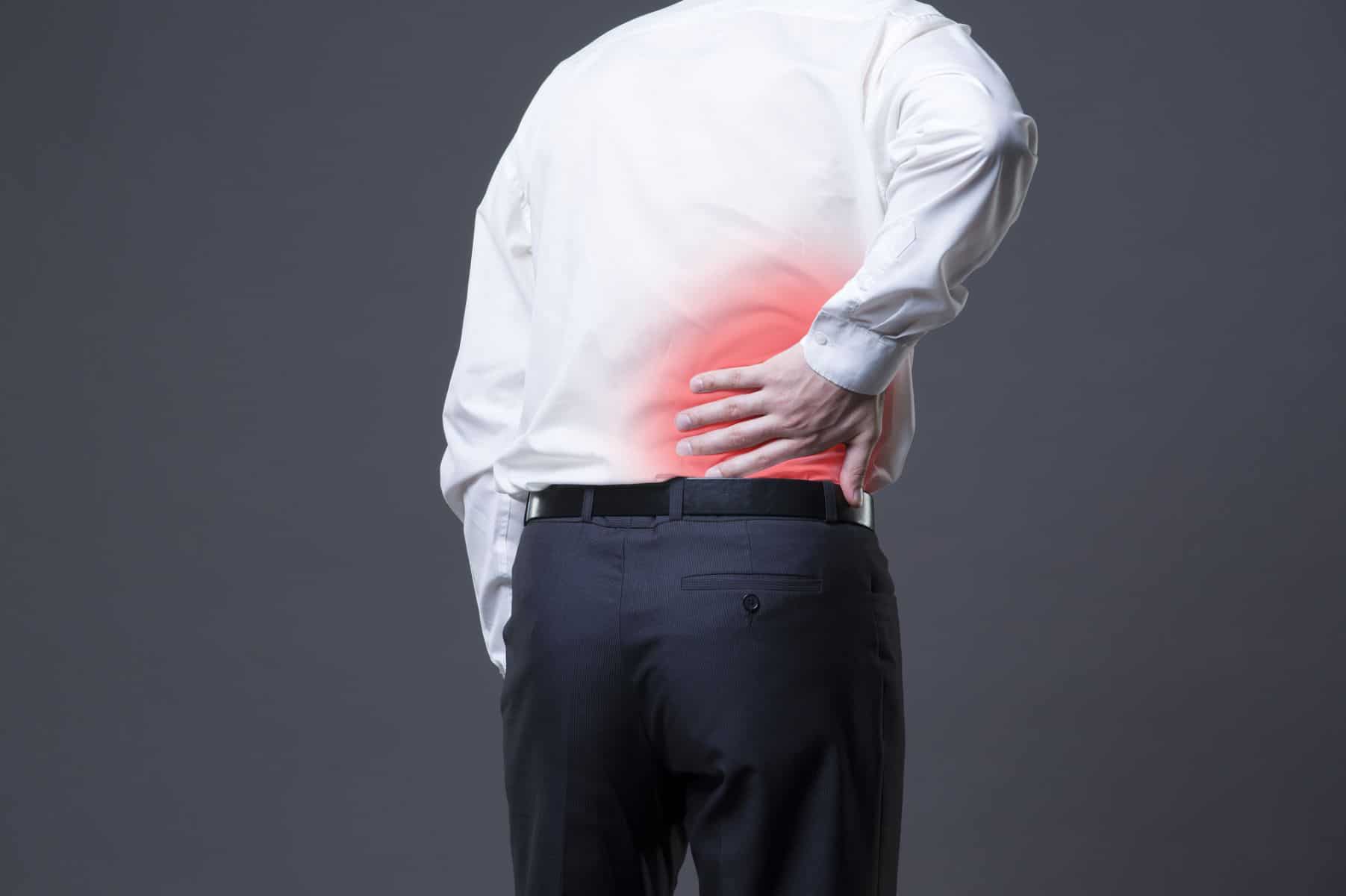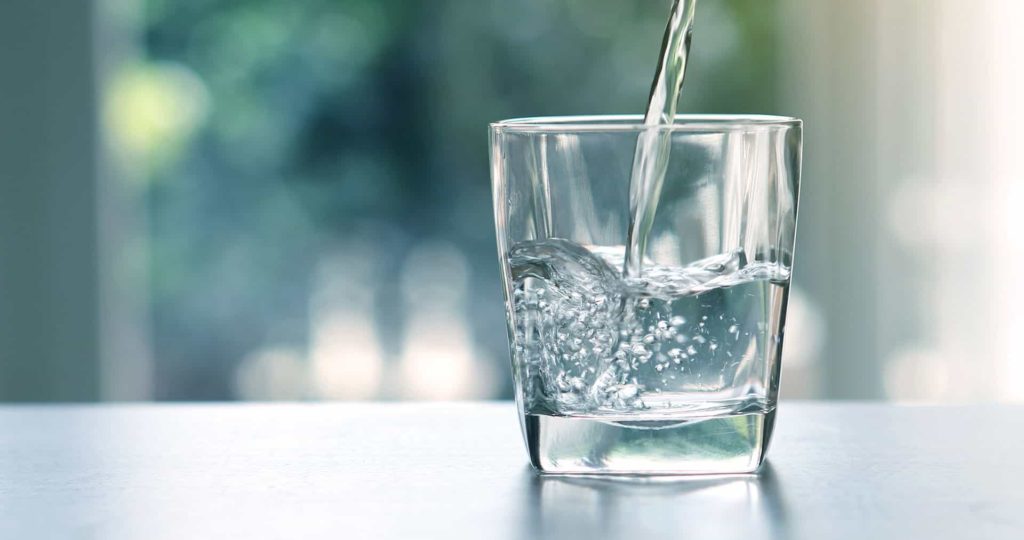How much information do you know about your kidney and the possible illness you might acquire? Just because you’re not feeling anything or you feel generally healthy, it does not mean you’ll never have any problems with your health, let alone with your kidney. You don’t have to worry or panic either. What you need to know is to learn about your kidneys and what kidney stones treatment should you have.
Your kidneys have an essential function inside your body as they remove fluid and waste from your blood to make urine. There may be times when there is too much waste, and the fluid in your blood is insufficient. As a result, there is a possibility for these wastes to stick together in your kidneys and the said wastes become the kidney stones
Who is Likely to Have Them?

Anyone can acquire kidney stones. However, some people have higher chances of having them than others. Specifically, men acquire kidney stones more often compared to women. More so, kidney stones are quite common among non-Hispanic Whites than those from the other ethnicities.
If you don’t belong to the races mentioned, you are still at risk for kidney stones with these six of the kidney-related conditions:
- A family member who has had kidney stones
- You’re not drinking enough water
- You previously had kidney stones
- A certain high-protein, sugar, or sodium diet is filling up your everyday meals
- Obesity or overweight
- You are taking certain medicines like water pills or diuretics or antacids (calcium-based)
What are the Signs and Symptoms to Watch and Monitor?
You will only know the right treatment for you if you’ve already identified the type of kidney stone you have. However, before determining both the treatment and type, it is vital to know the signs and symptoms, as well. Here are some of the indications you need to watch out for:
1. Back Pain, Side, or Belly Aches. This kind of kidney stone symptom usually starts suddenly. As there comes a movement with the stone, there also come changes in the pain, including its intensity. Typically, the pain becomes more intense.
2. Urine has a Strong Smell. If you have foul-smelling urine, there’s a possibility that you have a kidney infection. Also, cloudiness is another sign of pus found in your urine. The bad odor can come from bacteria that results in urinary tract infection or UTI.
3. Dizziness and/or vomiting. These two symptoms are prevalent for individuals who have kidney stones. They happen due to shared nerve connections between the GI tract and kidneys. Incidentally, kidney stones can trigger the nerves in your GI tract, which set off an upset stomach. Also, vomiting is one of the body’s ways to respond to intense pain.
4. Slow-to-Full Stop of Flow of Urine. There are times when the large stones get stuck in a ureter. This then results in the slowing down, or entirely stopping of the urine’s flow. For instance, you are experiencing a blockage, and you may just be urinating a little every time you need to go. Therefore, your urine flow that completely stops becomes a medical emergency.
5. Chills and Fever. These medical conditions are among the most evident signs of kidney infection. You can also consider it as a severe complication of kidney stones. More so, these signs can also be serious problems other than a kidney stone. Essentially, fever with pain needs immediate medical attention.
What are the Types of Kidney Stones?

According to the American Kidney Fund, there are four major kidney stone types:
- Calcium Stones
- Uric Acid Stones
- Struvite Stones
- Cystine Stones
Among all these types, Calcium stones are the most common. They are typically made of oxalate and Calcium. However, they are also sometimes made of phosphate and Calcium. Moreover, Uric acid stones build up when your urine is usually too acidic. Relatively, uric acid can form the stones either by itself or with Calcium.
The third type, Struvite stones can take place when you are experiencing certain types of UTI from where bacteria make ammonia that forms in your urine. These types of kidney stones are made of phosphate, ammonium, and magnesium. Lastly, Cystine stones are a chemical type that the body produces in a natural manner, also known as cysteine.
What are the Different Kidney Stone Treatments?

Treating kidney stones depends on how big or small the rocks are, what are they made of, and whether if they are resulting in pain. More so, the kidney stones treatment depends on whatever is stopping the urine from flowing normally. Below are some of the remedies or medication to prevent kidney stones formation, whether they are small pieces or not:
1. Drink lots of water
By doing so, you can dilute the substances that form in the kidneys. Attempt to drink adequate fluids so you can pass around 2 liters of urine every day. These 2 liters are equivalent to approximately eight regular 8-oz cups. For better health results, you can add some citrus drinks like orange juice and lemonade to your daily consumption of fluids.
2. Take all the Calcium You need
If you don’t have too much Calcium in your everyday diet, it can result in rising oxalate levels and the formation of kidney stones. You can stop this from happening by guaranteeing to take in a certain amount of Calcium that’s right for your age. The ideal consumption is: for men aged 50 years old and above, they should take 1000 mg of Calcium a day on top of the 1000 IU (international units) of Vitamin D to help your body absorb the Calcium.
3. Do Not Eat Stone-Forming Foods
Foods like beets, spinach, chocolate, tea, rhubarb, and most kinds of nuts are all rich in oxalate. Colas, on the other hand, are rich in phosphate. Both types of foods are great contributors to kidney stones. If your test like a CT scan for one, shows you have stones, the doctor may recommend that you avoid the foods mentioned or even consume them even in just smaller amounts.
4. Cut Down on Sodium Consumption
If your diet is high in sodium, it can trigger kidney stones as it has an increasing amount of Calcium in your urine. Therefore, a diet low in sodium is ideal for those prone to stones. According to medical experts, recommend the daily sodium daily consumption of 2300 mg. If you previously had kidney stones due to sodium consumption, try to lessen your daily intake to only 1500mg. This helps improve your heart health and blood pressure.
5. Limit Your Intake of Animal Protein
Consuming excessive animal protein like poultry, red meat, kinds of seafood, and eggs can boost uric acid levels. More so, it can result in kidney stones. Additionally, if you have a diet high in protein, it will reduce your citrate levels. A citrate is a form of a chemical found in your urine that helps in the prevention of the formation of stones.
Remarkably, to avoid even the risk factors for kidney stones, it is essential to know that specific food and drink are unlikely to trigger stones unless you consume them in extremely high amounts. According to research, men taking high doses of vitamin C in supplements form at a bit higher risk of kidney stones. As a result, your body may convert Vitamin C into oxalate.
